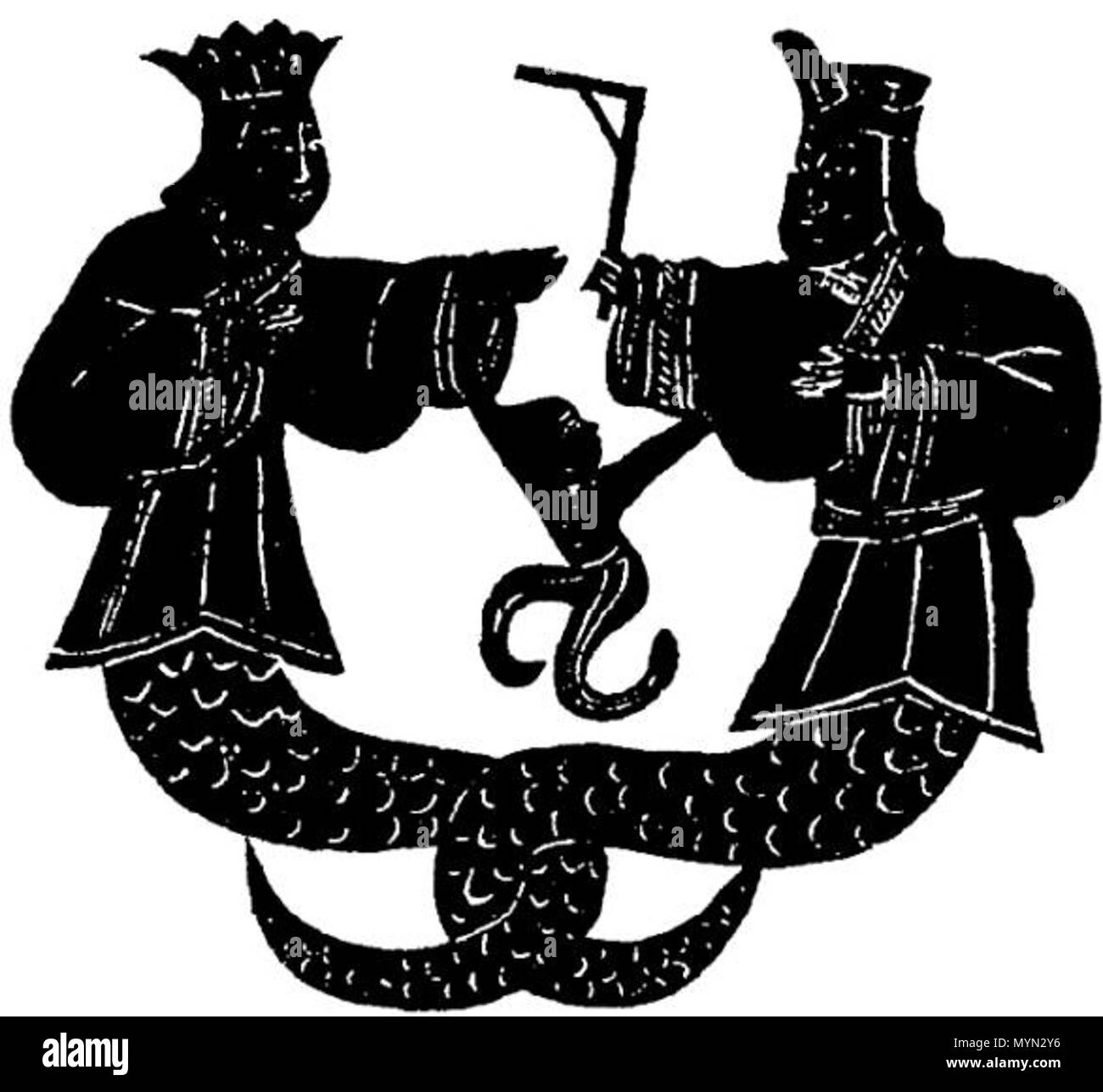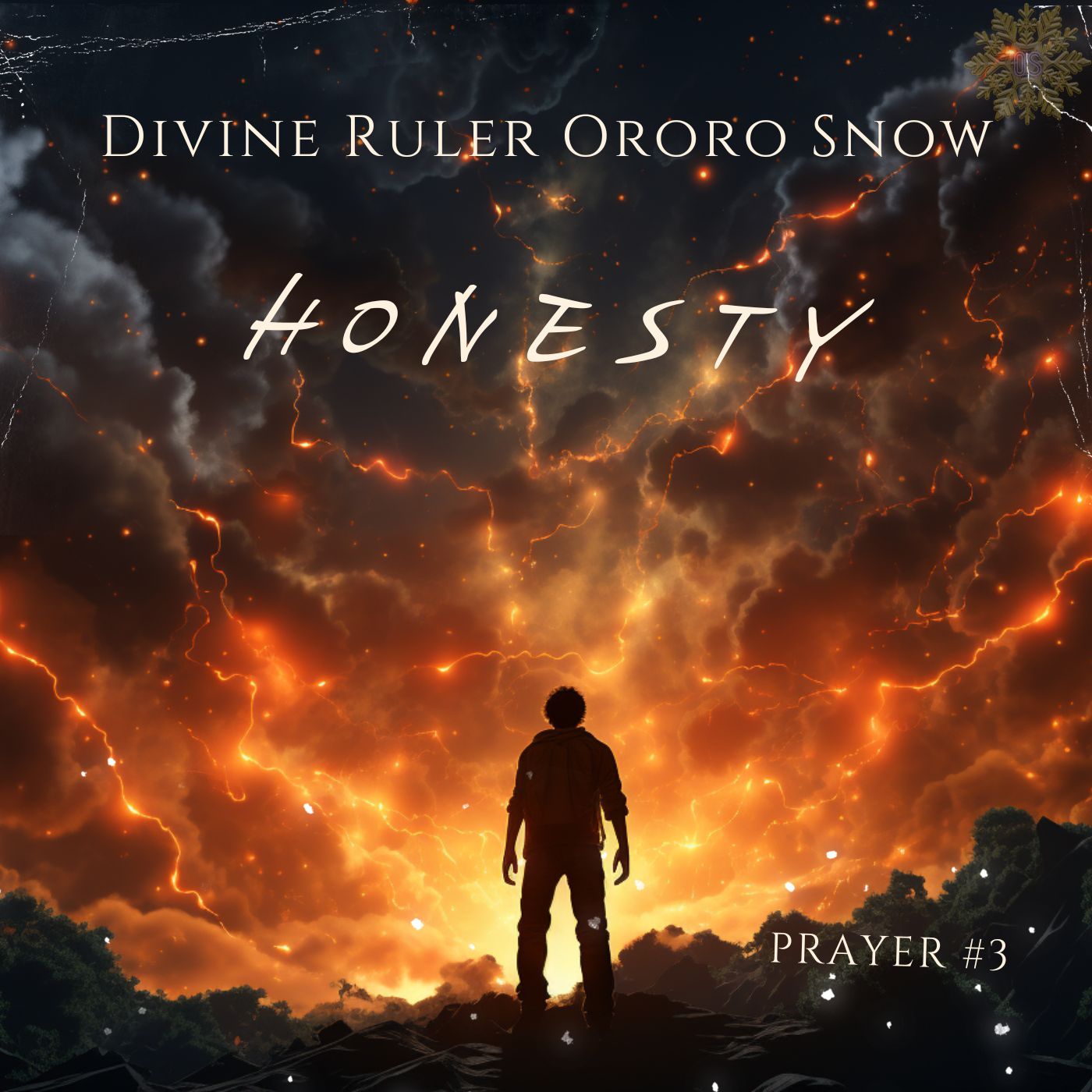Divine Ruler: The Ultimate Guide To Understanding Their Power And Legacy
When we talk about divine rulers, we’re diving into a fascinating world where spirituality meets authority. These figures are more than just leaders—they are believed to be connected to something greater, something divine. Imagine someone who rules not just with power but with a mandate from the heavens. That’s what we’re exploring here: the concept of divine rulers and their impact on history, culture, and even modern times.
Now, you might be wondering, what makes a ruler "divine"? Is it their charisma? Their ability to command respect? Or is it something deeper, like a spiritual connection that sets them apart? In this article, we’ll uncover the secrets behind divine rulers, their origins, and how they’ve shaped the world as we know it. So, buckle up because we’re about to embark on an epic journey through time and belief systems.
Before we dive deeper, let’s establish why this topic matters. Whether you’re a history buff, a mythology enthusiast, or simply curious about leadership styles throughout the ages, understanding divine rulers can give you a fresh perspective on power dynamics. Plus, it’s just plain interesting to explore how people have justified their authority over others by claiming a divine link. Let’s get started, shall we?
- Movierulz Piracy Risks Legal Alternatives 2024 Guide
- Movierulz South Indian Cinema Watch Download More
What Exactly is a Divine Ruler?
Alright, so what does it mean to be a divine ruler? At its core, a divine ruler is someone who claims—or is believed to have—a direct connection to a higher power. This could be a god, goddess, or some kind of spiritual force. Think of it like this: while regular rulers rely on laws, armies, and political strategies to maintain control, divine rulers lean on their supposed divine mandate to legitimize their authority.
In many ancient cultures, this idea was crucial. People were more likely to obey a leader if they believed that leader had been chosen by the gods themselves. And hey, who can argue with the gods, right? But it’s not all about blind faith. Divine rulers often demonstrated their "divinity" through rituals, symbols, and sometimes even miraculous feats. It’s a pretty clever way to keep your throne secure.
Historical Examples of Divine Rulers
Throughout history, there have been countless examples of divine rulers. From pharaohs in ancient Egypt to emperors in Japan, these leaders used their supposed connection to the divine to solidify their power. Let’s take a quick look at some of the most famous ones:
- Latest Telugu Movies Movierulz Alternatives Watch Now
- Find Watch New Movies 20242025 Bollywood Telugu More
- Pharaohs of Egypt: These rulers were considered living gods, and their word was law. They built massive pyramids and temples to honor themselves and the deities they claimed to represent.
- Emperors of Japan: Traditionally, Japanese emperors were seen as descendants of the sun goddess Amaterasu. Even today, the emperor is still considered a sacred figure, though their role is largely ceremonial.
- Caesar Augustus: The first Roman emperor was declared a god after his death, setting a precedent for future rulers to claim divine status.
These examples show how diverse the concept of divine rulership can be. Each culture had its own twist on the idea, but the underlying theme remains the same: a ruler with a divine mandate is hard to challenge.
How Divine Rulers Justify Their Authority
So, how do divine rulers convince their subjects that they’re truly connected to the divine? It’s not just about saying it—it’s about proving it. Here are some common tactics they’ve used throughout history:
- Rituals and Ceremonies: Performing elaborate rituals was a key way for rulers to demonstrate their divine connection. Think of it like a religious service, but with the ruler at the center.
- Symbolism: From crowns to scepters, symbols played a huge role in reinforcing a ruler’s divine status. These objects were often seen as gifts from the gods themselves.
- Prophecies and Oracles: Some rulers claimed that their rise to power was foretold by ancient prophecies or revealed by oracles. This added a layer of mysticism to their rule.
By using these methods, divine rulers could create a narrative that made their authority seem inevitable and unassailable. It’s a powerful psychological tool that has been used for thousands of years.
The Role of Religion in Divine Rulership
Religion and divine rulership go hand in hand. In many cases, the religion of a society was intricately tied to its political structure. Priests and religious leaders often played key roles in legitimizing the ruler’s divine status. For example, in ancient Egypt, priests would perform ceremonies to "renew" the pharaoh’s divine power.
But it’s not just about rituals. Religion provides a moral framework that supports the ruler’s decisions. If the ruler is seen as a representative of the gods, then their actions are automatically justified. This creates a system where dissent is discouraged, as challenging the ruler is equivalent to challenging the divine order.
Modern Interpretations of Divine Rulers
You might think that the concept of divine rulers is a thing of the past, but you’d be wrong. While we no longer have rulers claiming to be gods in the literal sense, the idea of divine authority still exists in various forms. Think about modern-day leaders who use religion to justify their policies or politicians who claim to be guided by a higher power.
Even in popular culture, the idea of divine rulers persists. Movies, books, and video games often feature characters who wield power because of their connection to the divine. These stories tap into our fascination with authority and the supernatural, creating narratives that resonate with audiences around the world.
Divine Rulers in Mythology
Mythology is full of examples of divine rulers. From Zeus in Greek mythology to Odin in Norse mythology, these figures embody the idea of a ruler with supernatural powers. They often serve as role models for mortal rulers, showing what it means to wield power responsibly—or recklessly.
But it’s not just about the gods themselves. Many myths feature mortals who ascend to divine status, usually through some kind of heroic deed or sacrifice. These stories remind us that even ordinary people can achieve greatness if they’re willing to work for it.
The Impact of Divine Rulers on Society
The influence of divine rulers extends far beyond their lifetimes. Their actions and decisions shape the societies they lead, often leaving a lasting legacy. For example, the laws and traditions established by divine rulers can persist for generations, even after the ruler themselves has passed on.
But there’s a darker side to divine rulership as well. When rulers claim divine authority, it can lead to authoritarianism and suppression of dissent. History is full of examples where this kind of power was abused, leading to suffering and oppression for the ruled.
Challenges Faced by Divine Rulers
Being a divine ruler isn’t all sunshine and rainbows. Sure, you have the backing of the gods, but that doesn’t mean your reign will be smooth sailing. Here are some of the challenges divine rulers often face:
- Proving Your Divinity: Convincing people of your divine status is no small feat. You have to constantly demonstrate your connection to the divine, which can be exhausting.
- Dealing with Skeptics: Not everyone buys into the whole "chosen by the gods" thing. Skeptics and critics can pose a significant threat to your authority.
- Maintaining Balance: As a divine ruler, you have to balance your spiritual duties with the practical needs of your people. It’s a delicate act that requires skill and wisdom.
These challenges highlight the complexity of divine rulership. It’s not just about wielding power—it’s about using that power wisely and responsibly.
The Future of Divine Rulers
As we look to the future, it’s worth considering whether the concept of divine rulers will continue to evolve. With the rise of secularism and scientific thinking, the idea of rulers claiming divine authority may seem outdated to some. However, the fascination with power and the supernatural remains strong, suggesting that the concept of divine rulers will endure in some form.
Whether it’s through religion, mythology, or popular culture, the idea of divine rulers will continue to captivate our imaginations. After all, there’s something inherently compelling about the idea of a leader who’s more than just human.
Conclusion: Why Divine Rulers Matter
Throughout this article, we’ve explored the concept of divine rulers and their impact on history, culture, and society. From ancient pharaohs to modern-day leaders, the idea of divine authority has played a crucial role in shaping the world as we know it.
So, what can we learn from all this? First, the power of storytelling cannot be underestimated. By crafting a narrative that connects them to the divine, rulers can legitimize their authority and gain the loyalty of their subjects. Second, the relationship between religion and politics is complex and often fraught with tension. Finally, the idea of divine rulers continues to resonate with people, suggesting that our fascination with power and the supernatural is here to stay.
Now, it’s your turn. What do you think about divine rulers? Do you believe in the idea of a leader with a divine mandate, or do you think it’s all just a clever political strategy? Let us know in the comments below, and don’t forget to share this article with your friends. Together, we can continue the conversation about power, authority, and the divine.
Table of Contents
- What Exactly is a Divine Ruler?
- Historical Examples of Divine Rulers
- How Divine Rulers Justify Their Authority
- The Role of Religion in Divine Rulership
- Modern Interpretations of Divine Rulers
- Divine Rulers in Mythology
- The Impact of Divine Rulers on Society
- Challenges Faced by Divine Rulers
- The Future of Divine Rulers
- Conclusion: Why Divine Rulers Matter
Article Recommendations
- Stream Movies Shows Netflix Movierulz More 2024 Guide
- Kpop Deepfake Crackdown Agencies Fight Back Against Illegal Videos



Detail Author:
- Name : Odell Haley
- Username : roslyn38
- Email : orpha32@pfeffer.com
- Birthdate : 1973-05-25
- Address : 2944 Jacklyn Gardens West Rocky, CT 93944-0393
- Phone : 1-575-230-8108
- Company : Hamill and Sons
- Job : Dispatcher
- Bio : Incidunt blanditiis non ab iure cupiditate nulla maxime unde. Quod voluptatem cum praesentium.
Socials
twitter:
- url : https://twitter.com/kevonstark
- username : kevonstark
- bio : Voluptas molestiae aut dolore eum eum quisquam. Delectus libero ut molestiae eveniet ea animi amet doloremque. Vel ratione doloribus autem beatae.
- followers : 394
- following : 2581
linkedin:
- url : https://linkedin.com/in/kevon.stark
- username : kevon.stark
- bio : Non facilis aut a qui.
- followers : 1617
- following : 2819
facebook:
- url : https://facebook.com/kevon_stark
- username : kevon_stark
- bio : Architecto quo molestiae excepturi voluptatem dolorem a.
- followers : 6520
- following : 888